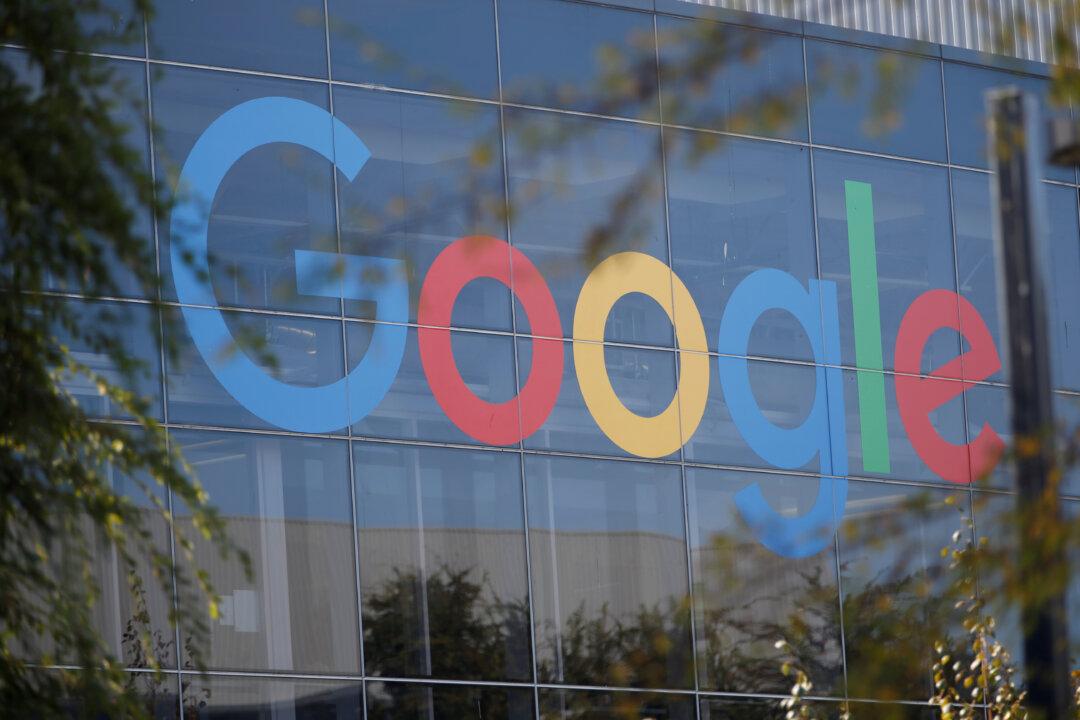Project Veritas, an undercover journalism nonprofit, recorded a Google staffer speaking about the ability of the big-tech giant to boost or censor political views.
Adriano Amaduzzi, a technical account manager at Google Marketing, was recorded saying that Google can “offer free credits, free advertising credits, to Democratic parties to advertise” and “can censor out news” from its search engine to suppress views it doesn’t want. “I don’t know how much you do that,” he added, presumably referring to Google.




